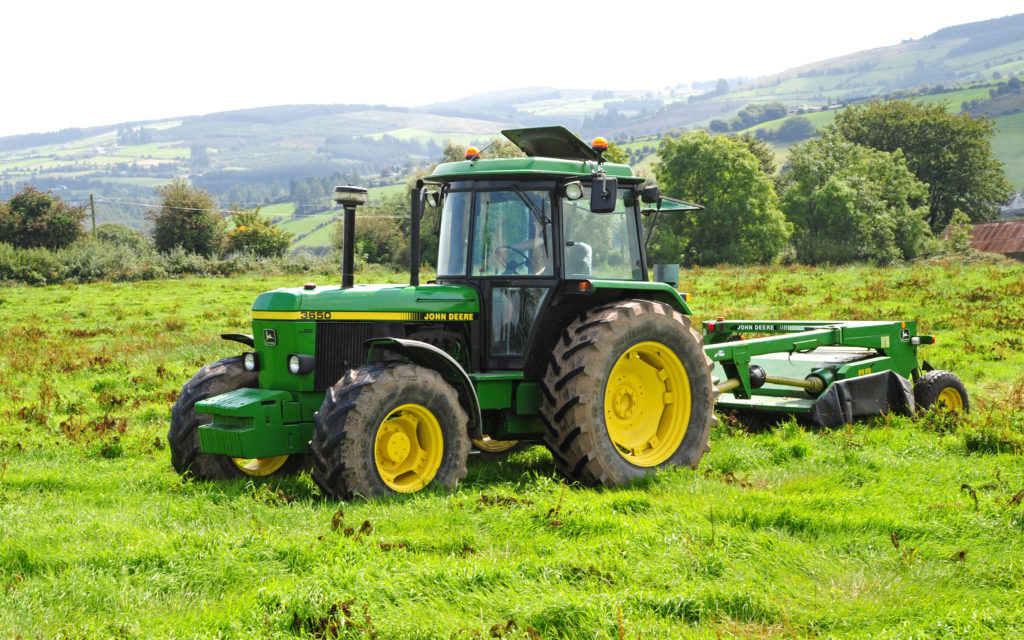We all know that conditioning accelerates the wilting of the crop in the field, which in turn increases fermentation and reduces transport costs, and it is therefore a good thing.
However, what we don’t appear to know much about is the precise relationship between conditioning and gains in productivity, or the reduced costs of handling.
Conditioning costs energy
Up until now, these may have seemed rather academic questions, but with the dramatic increase in fuel prices the examination of the cost/benefit equation becomes more important than ever, yet academia itself seems somewhat oblivious to the question.
A search for recent papers on the subject draws a blank, although time prevented it from being too exhaustive. However, one advisory body did forward some research, comparing drying rates of perennial ryegrass and Italian ryegrass, with and without conditioning.
The results would certainly indicate that there is benefit to conditioning with the degree of abrasion affecting the rate of drying.
Many factors involved
It also indicated that species was an important aspect with the fleshier Italian ryegrass losing moisture quicker than the perennial sward.
A further paper suggested that steel flails were highly effective in reducing wilting time.

These papers are all well and good but they were published over 20 years ago and it is difficult to find more recent work.
A lot has changed over this period, heavier crops being one of the more obvious, but we now have more sophisticated machinery, and machinery that is quicker and more efficient with a greater amount of power available to drive it.
Theoretical results from the laboratory are a good start, but now it is possible to gain more precise results from tractors and harvesters capable of showing specific fuel consumption figures as well as dry matter (DM) content in real time.
Potential reduction in diesel use
From this sort of data it really should be possible to optimise the conditioning process to ensure the minimum amount of diesel is used, consistent with achieving a desirable result. It is just the sort of calculation that computers are good at.

It may well be that new mower designs offering a variable rate of conditioning will come to the market, rather than the basic two-speed choice available today, the setting of which is all down to guess work.
Conditioning and wilting are two fundamental operations in silage making, they need to catch up with the times.
